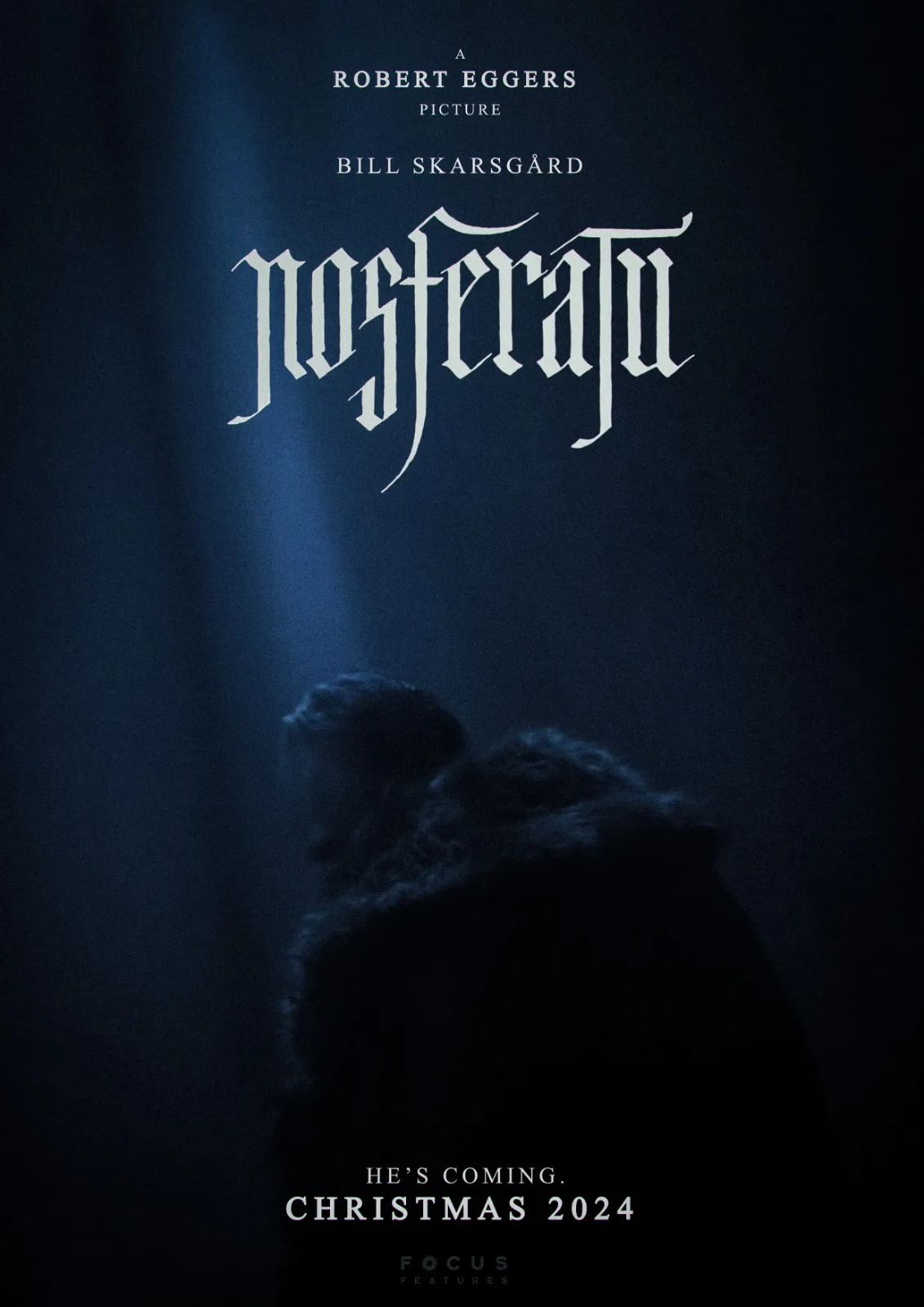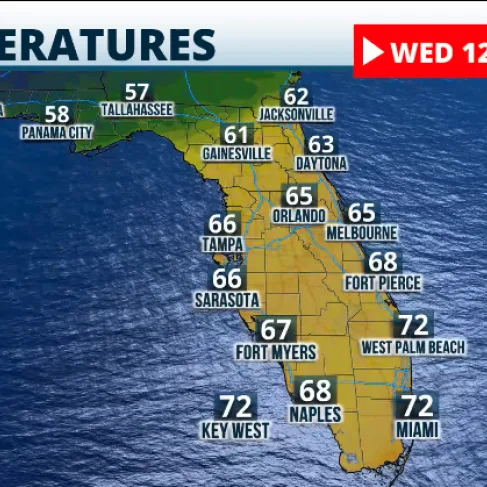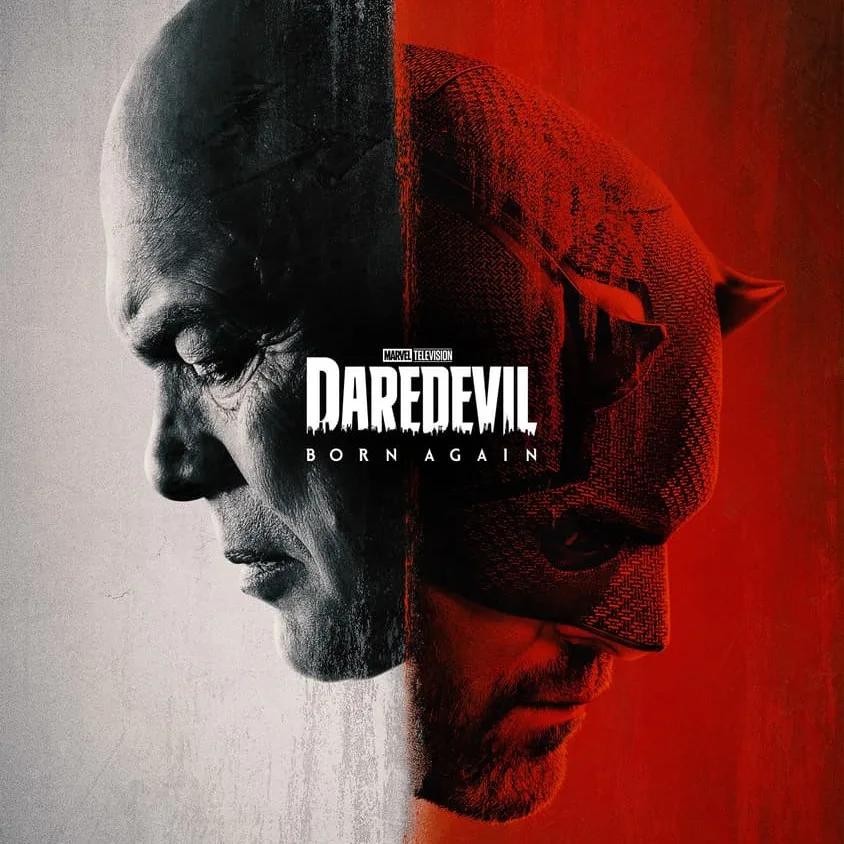The highly anticipated remake of ‘Nosferatu,’ directed by Robert Eggers, has made its debut to a wave of critical acclaim, provoking discussions about its bold approach to horror storytelling, especially in its depiction of sexuality and the vampiric mythos. The film stars Bill Skarsgård as Count Orlok and Lily-Rose Depp as the object of his obsession, Lucy. Critics have noted Eggers’ ability to blend haunting visuals with a visceral narrative, engaging audiences in a way that revitalizes the classic tale. In a statement, Eggers reflected on his vision, stating, ‘I wanted to strip the gothic elements down to their rawest forms and explore the undeniable tension between desire and dread.’ Variety highlighted the film’s unusual yet evocative sex scenes, which Eggers described as integral to exposing the dark allure of the vampire legend. The Atlantic praised Eggers for his unique interpretation, acknowledging the film’s striking cinematography and innovative sound design, designed to envelop viewers in an unsettling atmosphere. With its release on December 20, 2024, the film is garnering attention not just as a horror flick but as a substantial work of art. Critics are also optimistic about ‘Nosferatu’s’ impact on the genre moving forward, with The New York Times stating it “demands attention as a horror film that is unafraid to embrace its gothic roots while pushing boundaries.’ The conversation surrounding the film has ignited discussions about the evolution of horror and its capacity to address deeper themes of intimacy, fear, and the human condition. As ‘Nosferatu’ hits theaters, it is positioned to be a defining moment in Eggers’ career and a possible renaissance in horror cinema.
Robert Eggers’ ‘Nosferatu’ Officiates a New Era for Horror Film











